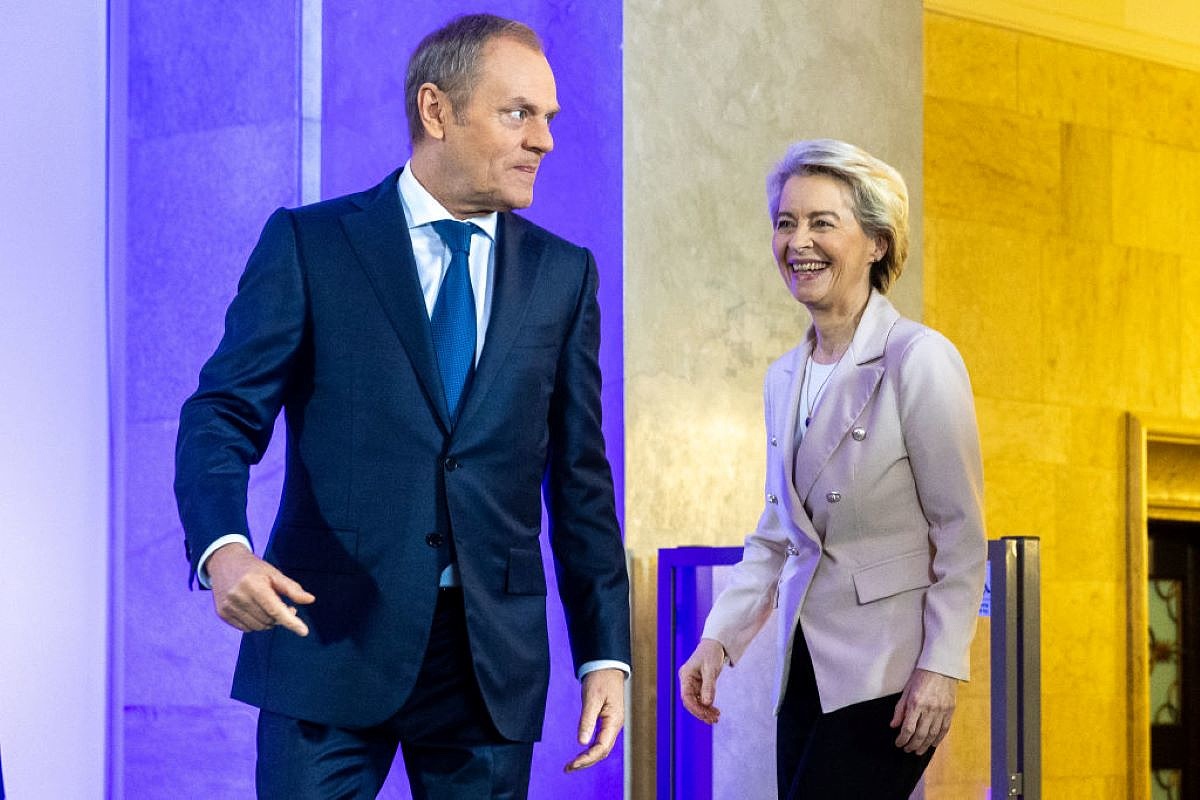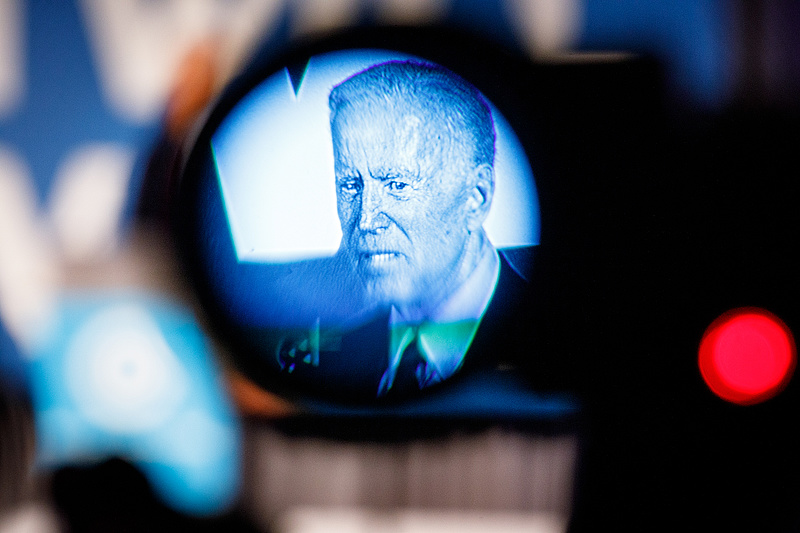An unlikely group of EU countries from the EU’s far corners, which account for just 4 percent of the bloc’s output, is resisting the global consensus on corporate tax renewal. Hungary, Estonia and Ireland, in their current form, object to proposals for a universal minimum tax rate. The report said the plan would set a minimum tax rate of at least 15 percent and create a new system for revenue from the profits of multinational corporations, which has been adopted by 130 countries, including tax havens. Bloomberg.
In Estonia, the Ministry of Finance issued a statement that the state was not ready to “fully support” proposals for global minimum taxes and, in response to Bloomberg’s questions, insisted that the current proposal “remains too vague” to predict the final. situation.
They can agree later this year
In a radio interview with Newstalk on Friday, Irish Finance Minister Pascal Donohue said, “This is a matter of national sensitivity for Ireland, and the text presented to me was not clear enough and did not acknowledge enough key points for us.” He added on an optimistic note that he said “there will be an agreement later this year, which will then be implemented by the European Union.”
The most interesting was the Hungarian reaction, which, although not completely isolated, raised completely different sides. “The global minimum tax will hamper economic growth, and the tax rate of 15 percent is too high and should not be imposed on real economic activity,” Finance Minister Mihaly Varga said in a statement on Friday. He added that Hungary was ready to continue “constructive” negotiations with OECD partners in order to reach an “appropriate agreement”.
His argument is also interesting because in Hungary the rate of tau is 9 percent, but it is only the nominal level. The tax base can be eroded, for example, by sponsorship and sports subsidies, so in fact the effective key is 5-5.5 in Hungary. The clause on real economic activity may refer mainly to this and to the sectors concerned in its statement – industrial producers also receive government tax benefits in Hungary.
“Our goal now is to have a fair organization of the October meeting of the OECD that serves the interests of all countries, regardless of their size or economic development,” said Mihaly Varga.
However, Bloomberg notes that it would not be interesting in themselves to resist the three countries, which make up only 3.6% of the EU population, if they attack the plan alone. However, as EU member states, they can move to the unanimous decision necessary for EU-wide legislation. Estonia and Ireland are willing to negotiate the proposal, asking for detailed rules to be clarified (the latter, for example, as headquarters for big tech companies, expect some exceptions), while Hungary generally disagrees with the proposal.
Washington may be over
Prime Minister Viktor Orban, who has cut corporate tax rates to 9 per cent as part of the tax cuts, called the plan “ridiculous”. He attributed his policy to attracting foreign investment into the country, including automakers such as BMW. The government tends to veto joint European Union decisions, as well as sanctions against China or Russia, and statements of indictment.
Since most major economies, including the German and French governments, also support the plan, there would be little to stop the EU operation (we wrote about this earlier here). In this way, each country can integrate the same system. What is essentially binary: That is, if a company pays less than 15 percent in one location through tax credits, it has to pay the difference in its home country. So Hungary could stay at 9 percent, and the company in question would have to pay the 6 percent difference somewhere.
But it’s too early to plan for a veto: the timetable is to clarify the global minimum and ratify it at the end of the fall. The European Commission also stressed that negotiations will continue until October. “We hope that with greater clarity in the technical details of the proposals in the coming months, the flexible member states will be able to sign the agreement,” EU spokesman Daniel Ferry told reporters. Countries plan to adjust and introduce the tax system by 2023.
The time factor, in turn, puts pressure on the United States: the approval of the US Congress will be required for Washington to formally participate in the system. President Joe Biden’s Democratic Party has a one-man majority in the Senate (with Vice President Kamala Harris voting), but that minimal advantage could be jeopardized in next year’s midterm elections. If the proposal fails in eccentric European countries, it could increase tensions between them and Washington.
French Finance Minister Bruno Le Maire said he would redouble his efforts ahead of next week’s G-20 meeting in Venice, Italy, to persuade reluctant European countries to “make the necessary efforts to join a historic agreement that unites the vast planet.”























![Deleted version of Nintendo 64 Tomb Raider playable! [VIDEO]](https://thegeek.hu/wp-content/uploads/sites/2/2024/04/theGeek-Riqa-Nintendo.jpg)

















